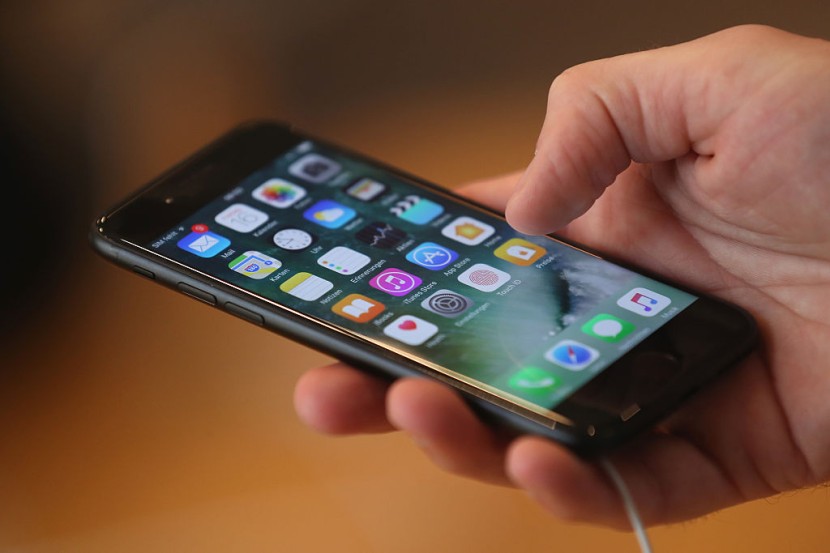Following news that China has tightened restrictions on iPhone usage by government employees in one of the US company's largest markets, Apple's shares dropped about 4% on Thursday, September 7. This triggers a decline in technology equities.
Tech Market After iPhone Ban

After the largest single-day decrease in more than a month on Wednesday, September 6, the market value of one of the largest businesses in the world was expected to plummet by roughly $100 billion, as reported by Reuters.
Stocks of Apple suppliers and firms with significant China exposure, such as Broadcom, Qualcomm, and Texas Instruments, declined by 1.4% to 4.7%. The three major US market indexes also felt the effects of Apple's decline.
Previously, it was reported that Beijing has ordered several key government organizations to ban the use of Apple mobile devices in the workplace.
The new policy fueled concerns about the financial impact of escalating relations between Washington and Beijing.
The US has, in recent years, limited China's access to critical technologies like cutting-edge electronics, while Beijing has worked to lessen its dependence on American technology by limiting shipments from companies like Boeing.
Huawei's new Mate 60 Pro smartphone is powered by a sophisticated processor produced by Chinese contract chipmaker SMIC, marking a milestone for the pair affected by US sanctions. However, some experts have warned of a possible sales blow owing to the smartphone.
Huawei's sales in its own country have been severely damaged by the US tech sanctions, giving Apple an opportunity to gain ground on the national favorite.
There is a chance, though, that Apple's demand may increase following an event next week in which the company is scheduled to reveal the iPhone 15 series and new smartwatches.
Preventing Any Future Security Risks
The iPhone ban directives were sent over the course of the previous several weeks through emails from managers to their staff.
According to five sources with knowledge of the situation, the orders were sent in August to government employees in ministries responsible for investment, trade, and international relations. Until the end of this month, employees in the mentioned departments were pressured to switch to a different company-issued smartphone brand.
Apparently, these regulations were put in place to avoid any possible security risks presented by a US firm's telecom equipment.
A similar restriction has been in existence for certain government entities for years, yet the most recent decision seems to have significantly expanded the scope of that ban.
Apple's iPhone is the only foreign-made smartphone with a considerable market share in China, according to Counterpoint Research, which monitors the global technology sector. In terms of market share in China, the iPhone was tied with Oppo and trailed behind Vivo with 17.2%.
© 2026 HNGN, All rights reserved. Do not reproduce without permission.








